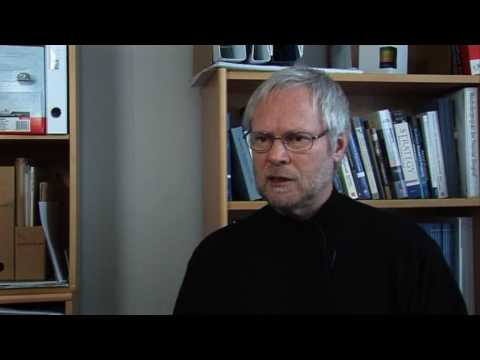
Danish professor finds 55 is a good age to start a business

A Danish academic, Professor Thomas Schøtt, argues that self-employed Namibians over the age of 55 can play a meaningful role in the economy, despite these people mostly participating in enterprises that requires fewer skills.
In a new report published by Global Entrepreneurship Monitor (GEM), it was found that the rising number of entrepreneurs aged 50 and above can offer economic, social and environmental benefits for economies wrestling with aging (dependent) populations. As Professor of Entrepreneurship at the University of Southern Denmark, Schøtt is the report’s lead author.
GEM’s report spans a decade’s research, citing examples from developing economies where citizens over the age of 50 have played a significant role in contributing to their economies.
According to a 2015 report by the United Nations, 5.5% of Namibian citizens are over the age of 60 and this is projected to increase to 7% by 2030 and 11% by 2050. GEM’s global findings gives new hope, indicating that the number of self-employed older adults now outweighs that of young adults.
Sub-Saharan Africa has the highest rate of senior entrepreneurship worldwide in terms of entrepreneurial intention and early-stage entrepreneurial activity, with a 35% and 19% split respectively. Latin America and the Caribbean comes in second with (27%/14%), followed by the Middle East and North Africa (23%/7%) and the European Culture Countries (6%/4%).
“Entrepreneurial success and prosperity has no age limits,” said Mike Herrington, Executive Director of GEM, whose report draws on data collected between 2009 and 2016 on entrepreneurial activity among more than 1.5 million people spread across 104 countries. “While the traditional perception of entrepreneurship is that it is a young person’s endeavor, the data are showing us that, in many aspects, older people are a significant entrepreneurial force. But this segment is largely an overlooked and undervalued resource.”
The numbers related to Sub-Saharan Africa are consistent with GEM findings that entrepreneurship levels are typically higher in factor-driven economies where the types of businesses started often require lower skills and less money to get off the ground.
According to Schøtt, senior entrepreneurs bring with them a host of benefits – economic, social and environmental – that the report labels “golden dividends.”
Additional economic benefits come from the fact that senior and older people who act as informal investors also tend to invest considerably more money compared to younger adults. Almost two thirds (63%) of older business angels worldwide invest more than the median of all investments.
Schøtt added that these findings have particular significance for economies struggling with the perceived burden of an ageing population. “With approximately 16% of the world’s population 55 or older, the issues of entrepreneurial activity at these more advanced ages directly affect more than 1.2 billion people,” he said. “The world is beginning to understand how senior entrepreneurs with their wealth of work and life experience, deep networks, and eagerness to remain productive are a huge untapped resource.













































